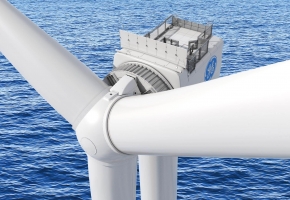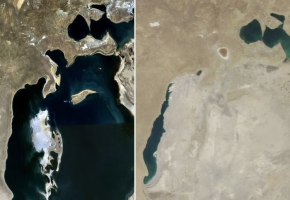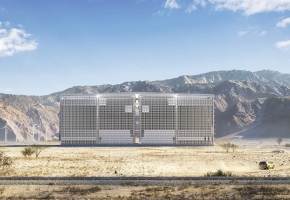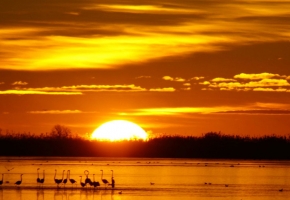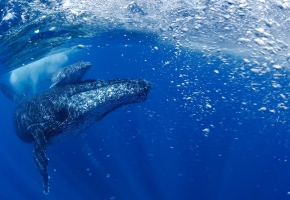More than half of the world's large lakes are drying up, study finds

More than half of the world's large lakes and reservoirs have shrunk since the early 1990s, chiefly because of climate change, intensifying concerns about water for agriculture, hydropower and human consumption, a study found.
A team of international researchers reported that some of the world's most important freshwater sources - from the Caspian Sea between Europe and Asia to South America's Lake Titicaca - lost water at a cumulative rate of around 22 gigatonnes per year for nearly three decades. That's about 17 times the volume of Lake Mead, the United States' largest reservoir.
Fangfang Yao, a surface hydrologist at the University of Virginia who led the study in the journal Science, said 56% of the decline in natural lakes was driven by climate warming and human consumption.
Climate scientists generally think that the world's arid areas will become drier under climate change, and wet areas will get wetter, but the study found significant water loss even in humid regions.
Scientists assessed almost 2,000 large lakes using satellite measurements combined with climate and hydrological models.
Neary 2 billion people, who live in a drying lake basin, are directly affected and many regions have faced shortages in recent years.
Source: Reuters
